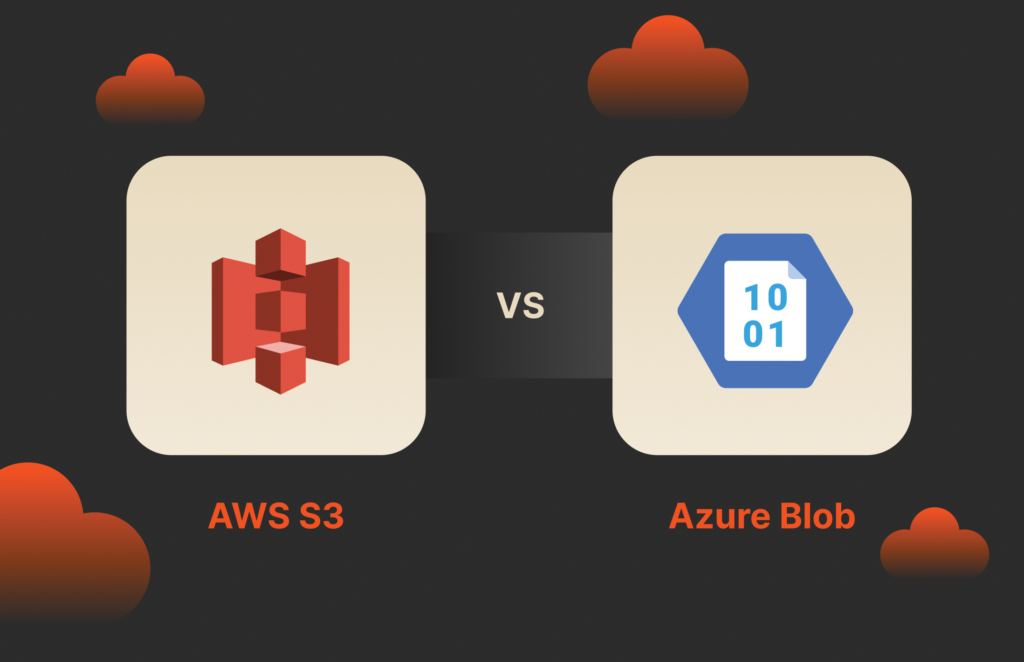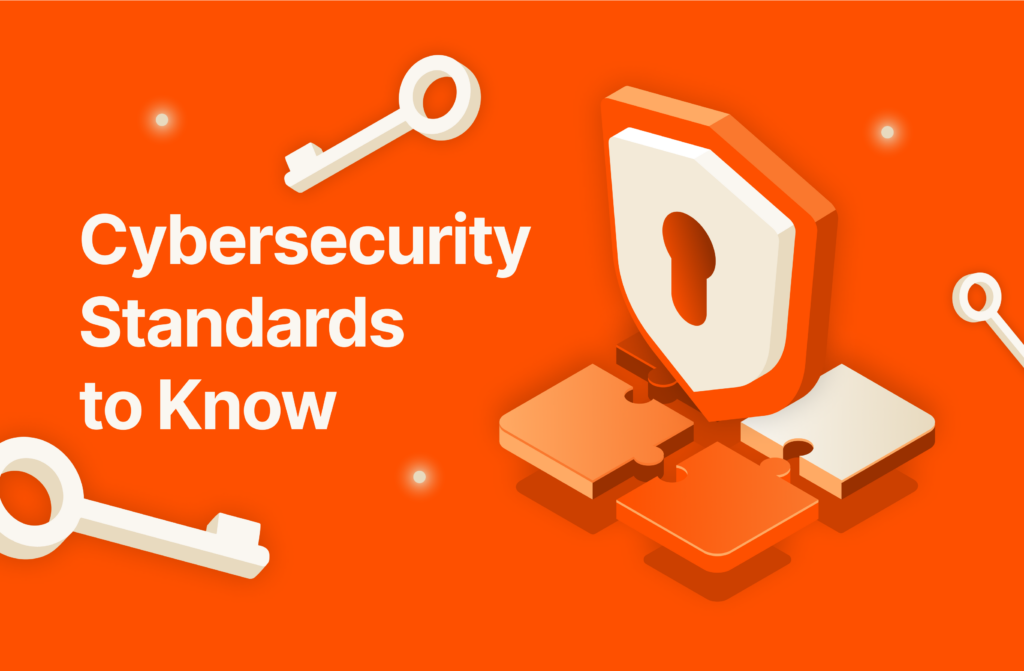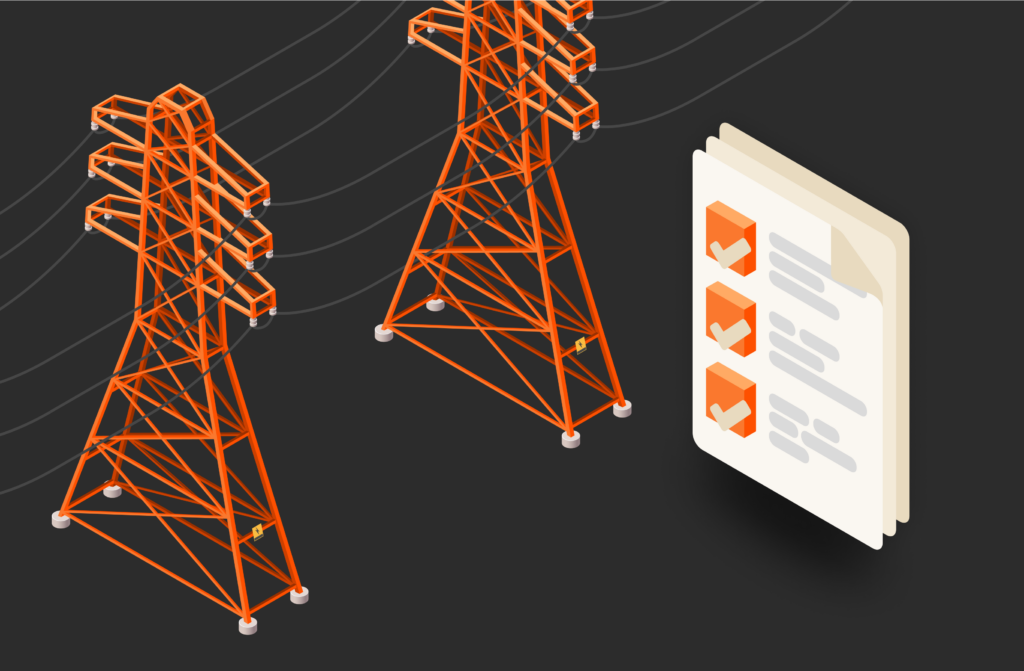Humans are inherently physical beings. As much as we can explore theoretical and conceptual possibilities of something, eventually, we’re going to want to see it with our own eyes. Wanting to see what a quantum computer looks like is no different. Quantum computers are still in the developmental stage and have a long way to go before they achieve their final form, but some physical models do exist today.

Caption: IBM Quantum System One (CES 2020) by IBM Research is licensed under CC BY-ND 2.0
This is an image of the interior of an IBM Q System One quantum computer, one of approximately 20 that form the core of IBM’s quantum computing efforts. As quantum computing technology evolves, so will its physical appearance.
Has Anyone Actually Built a Quantum Computer?
The answer to whether anyone has built a quantum computer is, like everything else quantum-related, a bit complicated. The direct answer is yes—quantum computers have been developed, and companies like IBM and Google are even using them to research real-world problems. However, the implied question is whether anyone has built a fully operational quantum computer, and for that, a more in-depth answer is required.
Imagine using a calculator that produced a specific answer, but the second time you punched in the exact same parameters, you got a slightly different solution than the first time. You wouldn’t consider the calculator to be reliable. One of the issues scientists currently face with quantum computers is that they’re plugging in calculations and getting responses, but checking those solutions can be problematic.
Because quantum computing offers unprecedented computing power, it takes time to validate each step in its technological evolution. This validation must happen before subsequent evolutionary stages can occur. Researchers are still looking into the best way to build the ideal structures to facilitate quantum computing, and part of that process includes validating the results they’ve already produced. While companies like IBM and Google are trailblazers in quantum computing, scientists readily admit that humankind is still very much in the experimental phase of quantum computing. There’s still quite a ways to go before reaching anything close to the performance phase.
Can Quantum Computers Hack Anything?
Theoretically, quantum computers could hack everything. Cybersecurity experts have repeatedly stated that once quantum computers are brought fully online, current internet security protocols will be rendered all but completely useless. At this point, however, quantum computers aren’t far enough along in their evolution to be capable of such a thing.
It’s essential to look at both sides of an issue. Three-dimensional quantum computing is capable of hacking virtually any security system created by one- and two-dimensional serial and parallel processing. However, quantum computers won’t be used exclusively to hack these systems. They’ll also generate new cybersecurity protocols more secure than anything yet seen in the virtual world. With this in mind, countries that are most deeply invested in quantum computing research will be best positioned for the technological future.
Cybersecurity is the most challenging aspect of the information age. The 2019 (ISC)² Cybersecurity Workforce Study indicated that more than 4 million security professionals are needed to meet current needs. This shortage is only expected to increase in the coming years. We may begin to see workable security solutions generated by quantum computing over the next decade that can address and lessen this disparity. When this becomes a reality, it’s almost certain that quantum computing will represent a momentous leap forward in addressing cybersecurity needs.
What Are the Possibilities of Quantum Computing?
Asking about the possibilities of quantum computing is a bit like asking about the possibilities of electricity. We don’t know the limits of quantum computing yet, and the capabilities it offers will expand everything we’ve built as a species thus far. Quantum computing doesn’t just give us a better way to do what has been previously done, it also offers us a chance at concepts that once weren’t even possible.
One area where quantum computing holds incredible promise is molecular modeling. Until now, scientists have utilized relatively inferior tools to study the behaviors of particles, electrons, and individual atoms. At times, their research has been impeded when they encounter calculations they estimate would take millennia to solve with even the most powerful supercomputers currently available. The concept of quantum supremacy indicates that we may see these times reduced to mere minutes.
Alternate energy sources, new pharmaceutical solutions, and revolutionized supply chains are all areas that would immediately benefit from fully operational quantum computing. One of the areas where quantum computers produce incredible advantages is their ability to recognize patterns. When combined with artificial intelligence and machine learning capabilities, future development possibilities are almost endless. Imagine a system that could access the sum of all knowledge gathered by humans, then analyze it at unprecedented speeds to discover patterns scientists haven’t even hypothesized.
Will Quantum Computers Change the World?
For decades, quantum computers were the stuff of dreams. Richard Feynman first proposed the concept of quantum computing at MIT in 1981, but no one could even theorize how such a concept could be applied. Thirteen years later, the Shor Algorithm was developed, demonstrating the fantastic possibilities quantum computers had.
The Shor Algorithm cracked open the door to quantum computing, showing scientists that to operate correctly, numerous algorithms must be used to produce, validate, and then apply results. However, once developed and put into practice, the benefits quantum computers could provide would be tremendous. Imagine completely accurate weather forecasting, fully optimized supply chains and distribution systems, and financial modeling that could minimize or even preclude issues like excessive inflation, recessions, or boom-and-bust cycles. Quantum computing could analyze land, air, and sea traffic patterns to reduce disruptions and accidents, promoting environmentalism to unprecedented levels while lowering costs for individuals, corporations, and governments.
Economic developments and transitions could be anticipated, changing the face of education and resolving poverty issues as countries prepare for the challenges of the next generation. Quantum computing could make it possible to revolutionize medicine as the impact of drugs, therapies, and other treatments could be fully modeled and explored at a level unique to each person’s genome.
Problems that currently prevent humankind from engaging in further space exploration could be resolved, producing unimaginable possibilities. Quantum computers could open the doors to understanding how Mars could be terraformed, colonized, and populated. It’s theoretically possible that quantum computing could pave the way for humanity to become a multiplanetary species. The repercussions of those advances move into the realm of what is still science fiction.
Quantum computers are still in their infancy, and there is much yet to be discovered before these kinds of possibilities can become realities. Still, the promise that quantum computing holds is unprecedented in scope. Unlike the numerous “quantum” answers we’ve provided in this series so far, the answer to this final question is an unqualified yes: quantum computers will change the world.

Modern Hybrid Cloud Solutions
Seamless Cloud Mobility
Unify cloud and on-premises infrastructure with a modern data platform.







